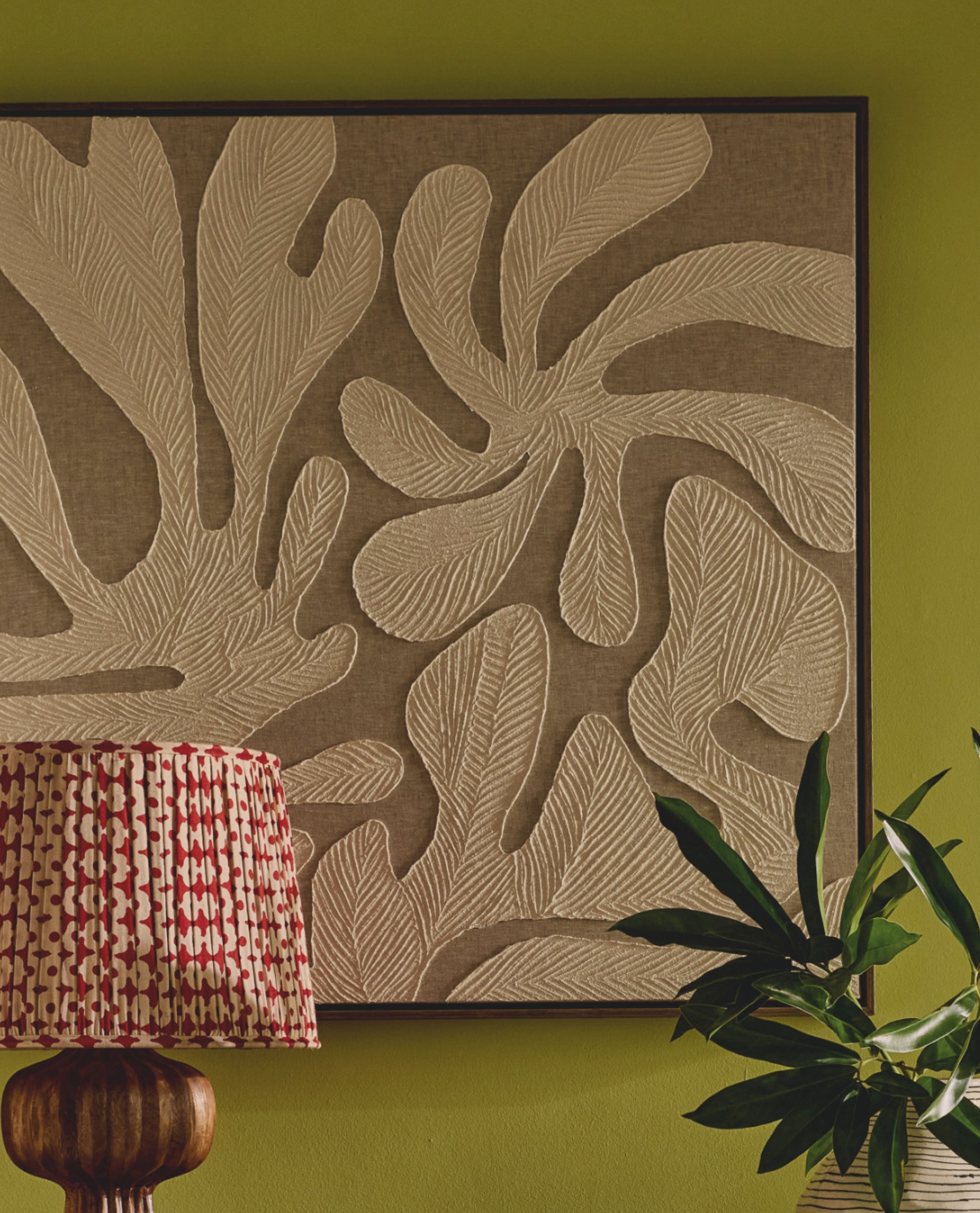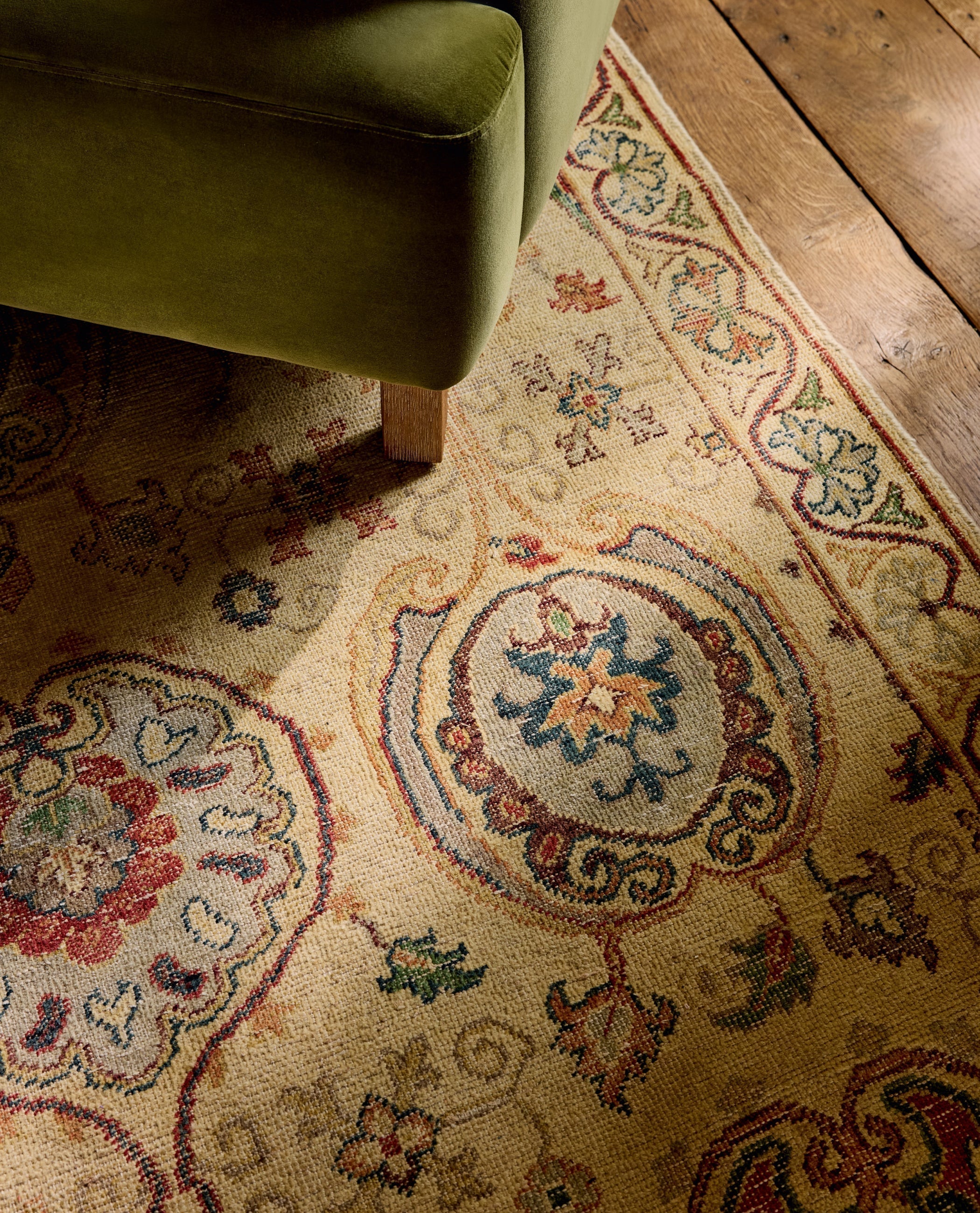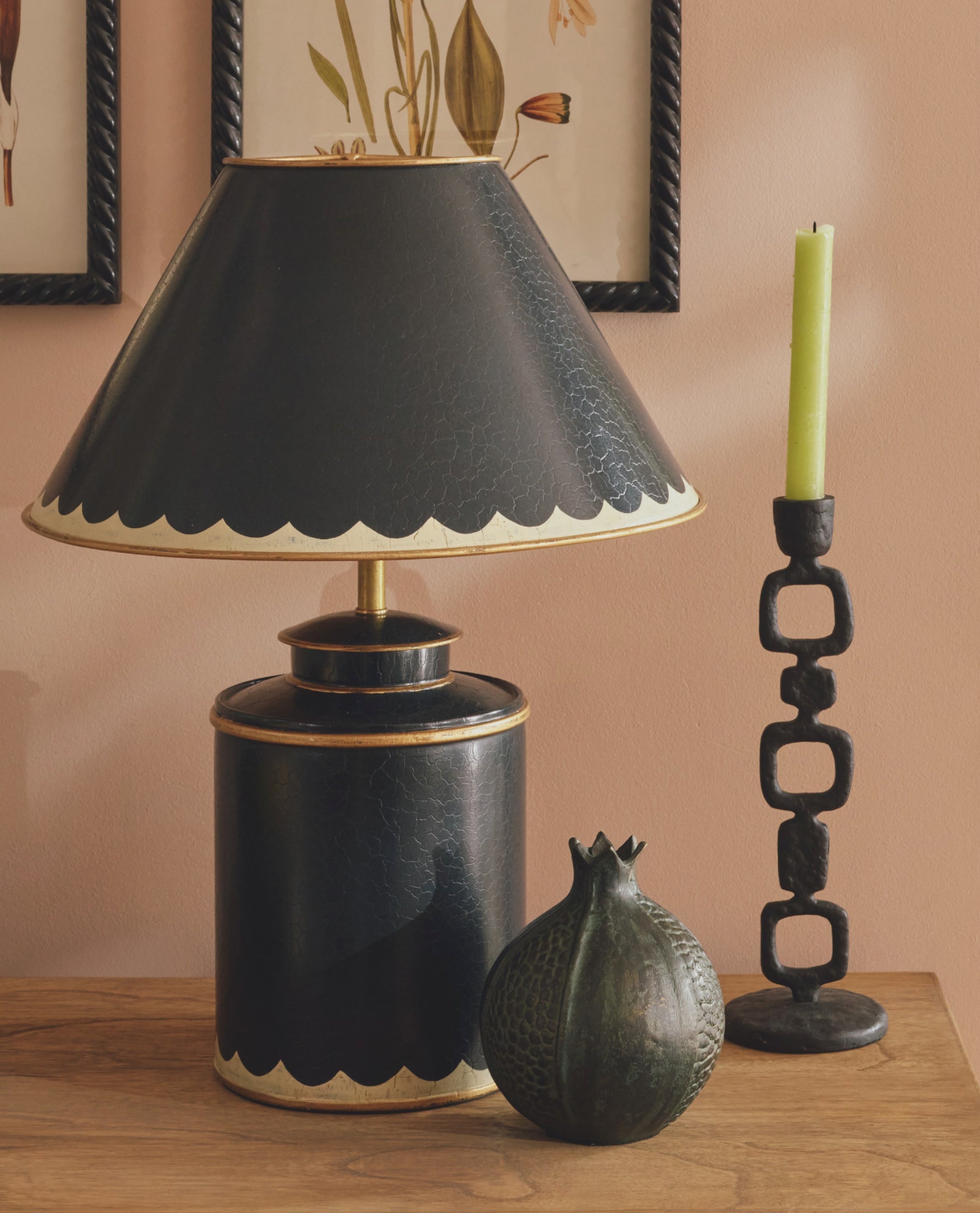OKA creates high-quality, unique tableware crafted from carefully selected materials. With the correct care and maintenance, it can be used for years to come. Please familiarise yourself with the following information to ensure your complete satisfaction.
Types of Materials – Ceramics
Stoneware
- Stoneware is fired at a low temperature to produce a distinctive texture. Our stoneware products are generally dishwasher and microwave safe unless otherwise stated.
Porcelain
- Porcelain is fired at a high temperature, resulting in a hard, smooth, white and non-porous finish. It is not reactive, so virtually any food can be stored in it/placed on it and it is often dishwasher and microwave safe, making it great for everyday use. Bone China
- Lighter than porcelain and often considered the highest quality ceramic, bone china has a creamy, translucent quality and is extremely durable. It is generally dishwasher and microwave safe and chip resistant.
Maintenance and Care Instructions
To help prolong the life of your tableware, we advise the following:
Cleaning – Ceramics
- Abrasive materials must not be used when cleaning.
- Please remove any barcode labels before placing your dishes in a dishwasher, as the heat from the drying stage makes removal of the label more difficult.
- For stubborn barcode labels, it helps to soak the product in warm water with a small amount of bleach-free detergent for approximately one hour.
- Dry with a soft cloth and allow to air before putting away.
Cleaning – Glassware
- Hand washing is recommended for all glassware to keep it looking its best. Items should be hand washed separately in warm soapy water.
- When drying glassware always use a dry, clean, soft and lint-free cloth.
- When washing and drying glassware, do not twist the body in opposite direction to the stem as this can cause damage.
- Some glassware may be washed in the dishwasher – please check the details of your items.
- Always place glassware on the top shelf of the dishwasher if possible, allowing plenty of space between each item.
- If using a dishwasher, always use a low temperature setting and a mild detergent.
- Please be advised that heat, friction and dishwasher detergents can dull or scratch glassware.
- Always remove glassware from the dishwasher as soon as the washing cycle is complete.
Cleaning – Cutlery
- Washing promptly after use is strongly recommended. Some food deposits can tarnish steel if allowed to remain for any length of time.
- We recommend hand washing with a mild bleach-free detergent in hot water and drying thoroughly before storing to guarantee the longest life for your items.
- When washing, avoid leaving the cutlery in water.
- If you do clean your cutlery in the dishwasher, please follow these simple steps to help avoid any problems:
- To avoid scratches, space your cutlery out. Put the handles down into the basket and the knives away from the other utensils.
- Make sure you remove the cutlery as soon as possible after the cycle is done and polish with a soft lint-free cloth, especially the knife blades.
- Avoid using lemon-based detergents in your dishwasher as this can cause corrosion.
Care
- We advise using napkins to separate ceramics when storing, as this will prevent scratching.
- Extreme temperatures can crack or break glassware, so please avoid pouring hot liquids into these items.
- The finely made rims on glassware are the most fragile part of the product. Do not turn upside down when drying or storing.
- Do not stack glassware, unless it has been specifically designed to do so, as doing so can cause damage.











